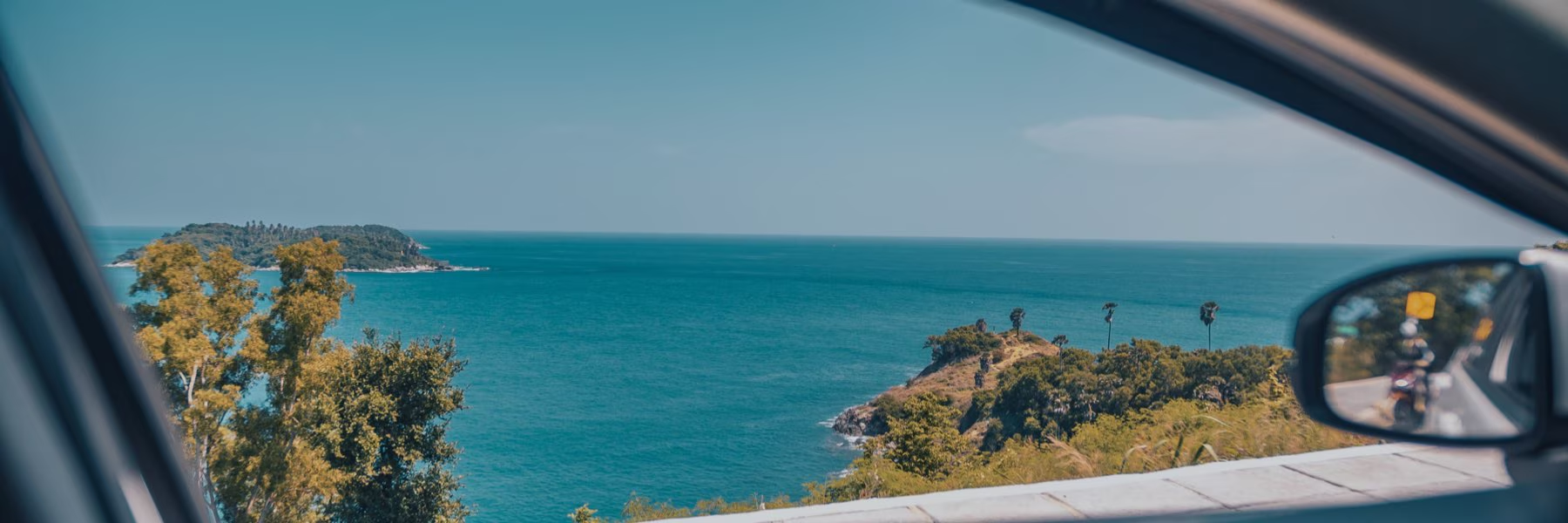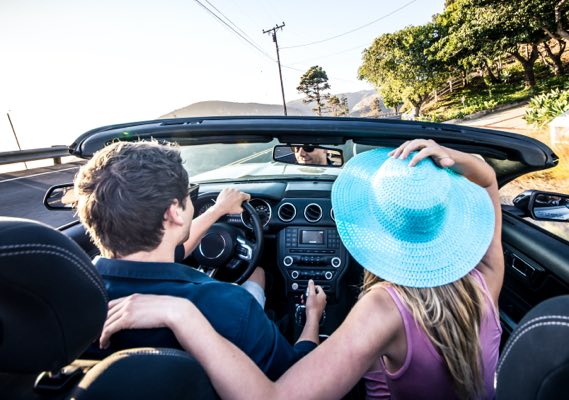- Over 1 million successful rentals
- Popular countries
- Popular regions
- Popular cities
- Popular airports
- Car Hire United Kingdom
- Car Hire Spain
- Car Hire Italy
- Car Hire United States
- Car Hire France
- Car Hire Portugal
- Car Hire Switzerland
- Car Hire Ireland
- Car Hire Greece
- Car Hire Cyprus
- Car Hire Germany
- Car Hire Turkey
- Car Hire South Africa
- Car Hire Croatia
- Car Hire Australia
- Car Hire Austria
- Car Hire Canada
- Car Hire Netherlands
- Car Hire Denmark
- Car Hire Norway
- Car Hire England
- Car Hire Scotland
- Car Hire Florida
- Car Hire California
- Car Hire Majorca
- Car Hire Sicily
- Car Hire Crete
- Car Hire Tenerife
- Car Hire Sardinia
- Car Hire Wales
- Car Hire Gran Canaria
- Car Hire Madeira
- Car Hire Menorca
- Car Hire Fuerteventura
- Car Hire Kefalonia
- Car Hire Corsica
- Car Hire Channel Islands
- Car Hire Isle of Man
- Car Hire Santorini
- Car Hire Azores
- Car Hire London
- Car Hire Geneva
- Car Hire Malaga
- Car Hire Faro
- Car Hire Alicante
- Car Hire Manchester
- Car Hire Dublin
- Car Hire Edinburgh
- Car Hire Palma de Mallorca
- Car Hire Orlando
- Car Hire Paphos
- Car Hire Nice
- Car Hire Lisbon
- Car Hire Birmingham
- Car Hire Larnaca
- Car Hire Glasgow
- Car Hire Milan
- Car Hire Bristol
- Car Hire Los Angeles
- Car Hire San Francisco
- Car Hire London Heathrow Airport
- Car Hire Geneva Airport (Switzerland)
- Car Hire Malaga Airport
- Car Hire Faro Airport
- Car Hire London Gatwick Airport
- Car Hire Alicante Airport
- Car Hire Manchester Airport
- Car Hire Dublin Airport
- Car Hire Mallorca Airport
- Car Hire Edinburgh Airport
- Car Hire Orlando International Airport
- Car Hire Paphos Airport
- Car Hire Nice Airport
- Car Hire London Stansted Airport
- Car Hire Lisbon Airport
- Car Hire Larnaca Airport
- Car Hire Birmingham Airport
- Car Hire Geneva Airport (France)
- Car Hire Los Angeles International Airport
- Car Hire Glasgow Airport

Car Hire Antilles
Save time and money. We compare the offers of car rental companies in Antilles on your behalf.
- Free cancellation Up to 48 hours prior to the scheduled pick-up time
- Best price guarantee Have you found a better price? Let us know and we will make you a better offer.
- 24000+ pick-up locations Locations around the world

Compare Car Hire
Carrentals.co.uk offers simple and straightforward car hire comparison services. We don't add a penny to your quotes!

Antilles Guide
Most popular car hire locations in Antilles
Driving
A group of half a dozen distant islands, the former Netherlands Antilles is still a hot destination for cruises and package holidaymakers. Separated by hundreds of miles of Caribbean Sea, the Dutch-centric Lesser Antilles and Leeward Islands are chiefly known for their white beaches, great diving and very Dutch cities. Being small, visitors can easily explore the islands, including the Natural Pool on Aruba and Christoffel National Park on Curaçao.
Driving Tips for Netherlands Antilles
Main roads are good though country roads are inconsistent and signage is inadequate and often indecipherable. Streets are poorly lit at night and roads are notorious for being slippery when wet. Avoid the ‘bus only’ lanes on Aruba which trap cars, while turning right on a red light is prohibited.
Driving licences: a UK national licence is fine, although having an International Driving Permit is recommended.
Which side does Netherlands Antilles drive on: the right.
Speed limits:
Rural areas: 37-50mph (60-80kph)
Built-up areas: 25mph (40kph)
Alcohol limits: 0.05 per cent blood alcohol level, which is tougher than the UK limit of 0.08 per cent.
Driving age: 18 years, older to rent a car.
Seatbelts: all passengers should wear them, if fitted, including those seated in the rear. Children should ride in the rear and kids under four years should be seated in a safety seat.
Mobile phones and GPS: driving while using a mobile phone is not allowed, but using a hands-free kit is. GPS coverage is not great though the islands are small and the road system reasonably easy to navigate.
Cost of fuel in Netherlands Antilles: considerably cheaper than in the UK.
Car hire and fuel payment: fuel stations in the island capitals accept main credit cards such as VISA and American Express, but having cash to hand is recommended. Car hire firms require a credit card for a deposit.
Insurance: cars may not come with fully comprehensive insurance, so check first. Having excess insurance is advised.
Traffic and parking: driving and parking in Oranjestad (Aruba) and Willemstad (Curaçao) in particular can be a headache, with one-way systems the norm. It is best to park and walk as the cities are quite small. Traffic elsewhere is relatively light.
Transport
Taxis
Apart from self-drive, taxis are the easiest way to get about. They are metered in Curaçao and Aruba, and rates are usually fixed between towns. Prices should be agreed first when using those without meters. The cost from the airport to Eagle Beach on Aruba is about £20. Rates are more expensive at night and taxi drivers always expect a tip of around 10 per cent. From the airport to Windwardside on Saba it is about £10 and around £15 to go around Sint Maarten. Most drivers are also able to act as tour guides for around £30 an hour.
Buses
Buses are limited outside of cities and typically run hourly between towns and villages on the main islands. Konvoi buses on Curaçao carry up to a dozen people and have scheduled routes, while the BUS is more of a shared taxi. On Aruba, the bus service serves main landmarks and hotels for about £1 from Oranjestad. Bonaire—and the Leeward Islands—mainly use minivans, which are medium-sized and more informal. They are inexpensive and have their routes posted on the windscreen.
Ferries
There are no ferry services to the Netherlands Antilles so visitors need to take a private boat to go between the islands. There are piers on all islands and cruise ships call in regularly, particularly at Aruba, Curaçao, Bonaire and Sint Maarten. Curaçao has two cruise terminals right in Willemstad. The main islands also operate water taxis, such as the service across Schottegat Harbour in Curaçao and the Seacow Watertaxi on Bonaire. They are somewhat pricey.
Airports
The main airports are on Curaçao (Hato International Airport), Aruba (Reina Beatrix International Airport) and Sint Maarten (Juliana International Airport). KLM serves them all from Amsterdam, including a direct flight to Bonaire, while Aruba is connected to London and Manchester with First Choice Airways. Flights are most frequent from the US, including with American Eagle, Continental and JetBlue. The islands are also linked to one another, with regular shuttles between the Lesser ‘ABC’ Antilles (Aruba, Bonaire and Curaçao) with Dutch Antilles Express and Sint Maarten. Prices vary depending on the time of year from about £50 to £100 between Aruba and Curaçao. UK visitors can get in visa-free.
Explore
Exploring Netherlands Antilles
Willemstad, Curaçao, is the main city of the former Netherlands Antilles, boasting a colourful harbour and great shopping for cruisers. Star attractions are the Amsterdam Fort, the Floating Market, the mobile Queen Emma Bridge and the lofty Queen Juliana Bridge.
Mambo Beach is the most popular beach in Curaçao, being close to town and noted for its shallow water and the Sea Aquarium.
Aruba is the other top island in the chain, with cultured Oranjestad as its waterfront capital. In the town is good shopping along Lloyd G Smith Boulevard and Dutch colonial buildings, including Fort Zoutman. Elsewhere on the island are the ‘Conchi’ Natural Pool, the Ayo Rock Formations and Hooiberg Haystack.
Bonaire is more laid back and best noted for its diving at Calabas Reef. It has extensive salt flats and Washington-Slagbaai National Park where there is a great deal of wildlife.
Of the Leeward Islands (Sint Maarten, Sint Eustatius and Saba), Sint Maarten boasts the stunning Friars Bay Beach and Pic du Paradis viewpoint, with the Butterfly Farm being fun for kids.
Mount Scenery on Saba is good for hiking—best done from Windwardside—while Wall Dives is loaded with nooks and crannies. Sint Eustatius, or ‘Statia’, is best known for the Quill volcano and its botanical gardens. All islands have good snorkelling and diving.
Weather
The climate is tropical, with year-round averages well into the 20s (°C). The Lesser Antilles (Aruba, Bonaire and Curaçao) are drier than the Leeward Islands (Sint Maarten, Sint Eustatius and Saba), with rainfall mostly occurring in fits and starts between October and January. The Leeward Islands get most of their rain between July and November, which is hurricane season. The islands are very breezy.
Practical information
-
Currency
-
Language
What most people want to know
The following questions and answers are a selection of the most popular questions. If you do not find the answer to your question, have a look at the Frequently Asked Questions page or contact us.